Quetta hospital bombing: Pakistan lawyers strike in protest
- Published
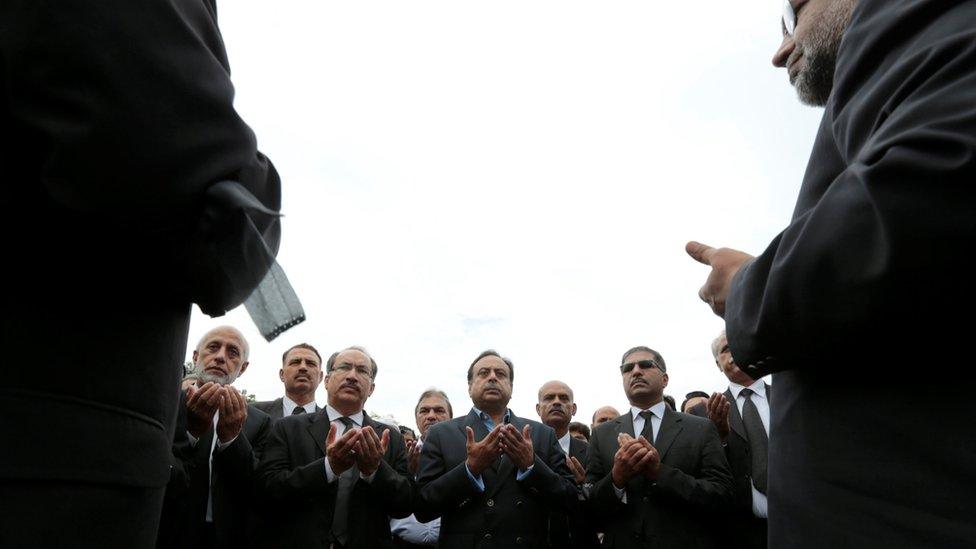
Lawyers around Pakistan are remembering their dead and injured colleagues in Quetta
Lawyers across Pakistan are boycotting court to mourn the loss of some 70 people, many of them lawyers, killed in a bomb attack in Quetta.
In Balochistan - Quetta is the provincial capital - markets and schools have been closed.
The bomber targeted crowds who had gathered outside a hospital to mourn prominent lawyer Bilal Kasi who had been murdered earlier on Monday.
Taliban faction Jamaat-ul-Ahrar says it was behind both the attack and murder.
'Action plan'
The Supreme Court Bar Association (SCBA) and the Pakistan Bar Council (PBC) said its lawyers would be boycotting court proceedings, and observing a week of mourning.
Many lawyers are expected to take part in rallies across Pakistan on Tuesday.
The blast killed dozens at a hospital in Quetta as Shaimaa Khalil reports
"We [lawyers] have been targeted because we always raise our voice for people's rights and for democracy," SCBA President Ali Zafar told reporters in Lahore.
"Lawyers will not just protest this attack, but also prepare a long-term plan of action."
Monday's bombing targeted lawyers and journalists who had crammed into the emergency department of Quetta's Civil Hospital where the body of Mr Kasi had been brought.
Former provincial bar president Baz Muhammad Kakar was one of at least 25 lawyers killed. TV news cameramen Shahzad Khan and Mehmood Khan were also among the dead.
At least 120 people were injured.
Bilal Kasi, who was head of the Balochistan province bar association, had earlier been shot while on his way to the court complex in Quetta.
He had strongly condemned the recent murders - including those of fellow lawyers - in Quetta in recent weeks, and had announced a two-day boycott of court sessions in protest at the killing of a colleague last week.
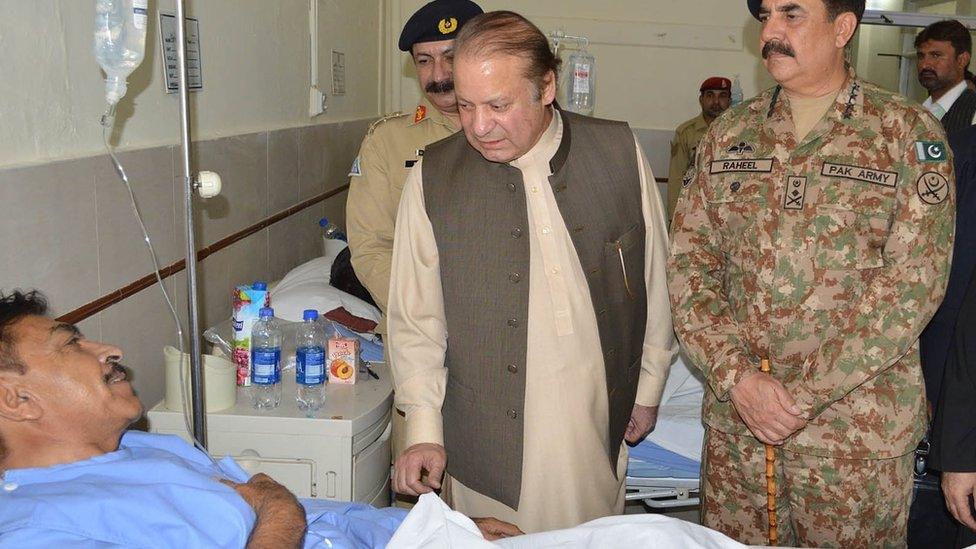
Prime Minister Nawaz Sharif visited some of the survivors in hospital in Quetta
Balochistan, Pakistan's poorest province, has long been plagued by insurgency.
Jamaat-ul-Ahrar [The Party of Freedom Fighters] split from the Pakistani Taliban two years ago.
It has claimed a number of major attacks, including a suicide bombing that killed more than 70 people, including many children, at a park during Easter celebrations this year.
Pakistani Prime Minister Nawaz Sharif flew to Quetta after the attack, and said "all state security institutions must respond with full might to decimate these terrorists".
- Published9 August 2016
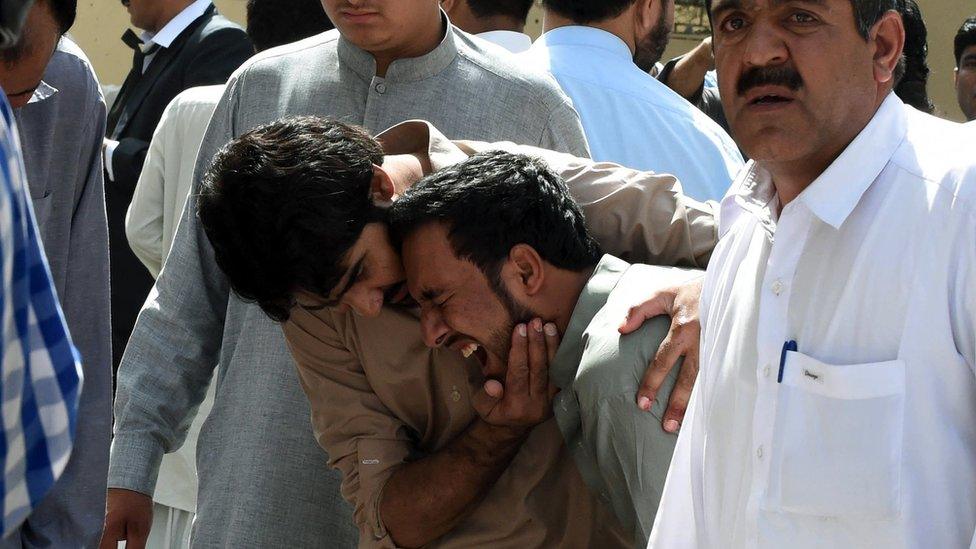
- Published22 February 2014
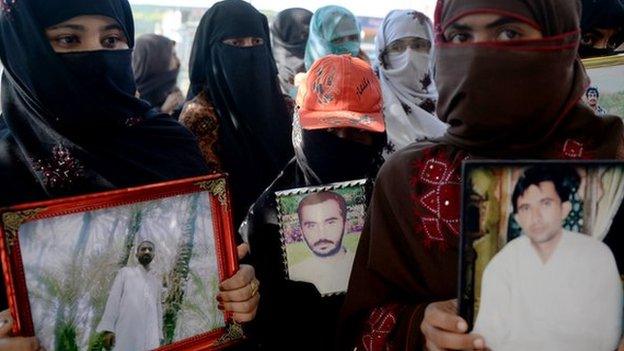
- Published6 October 2015
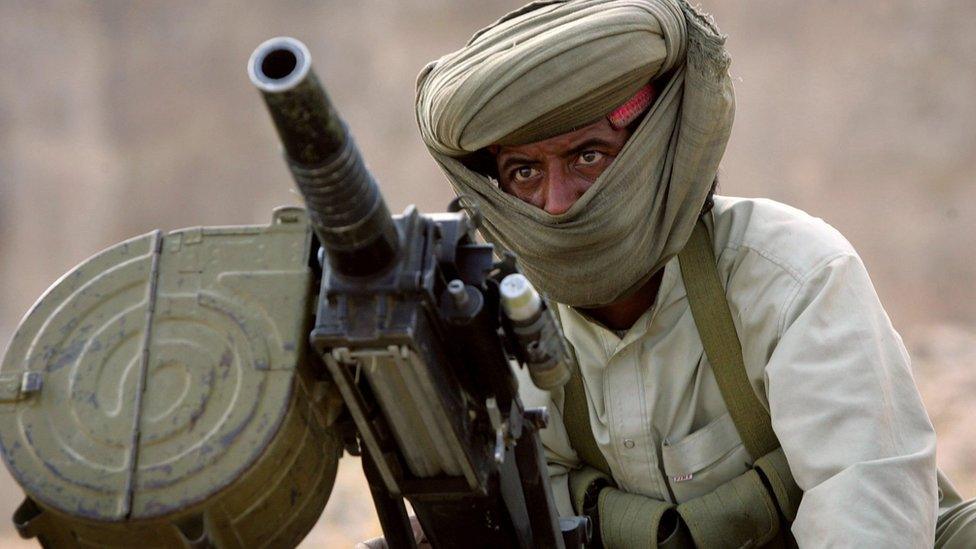
- Published15 March 2024
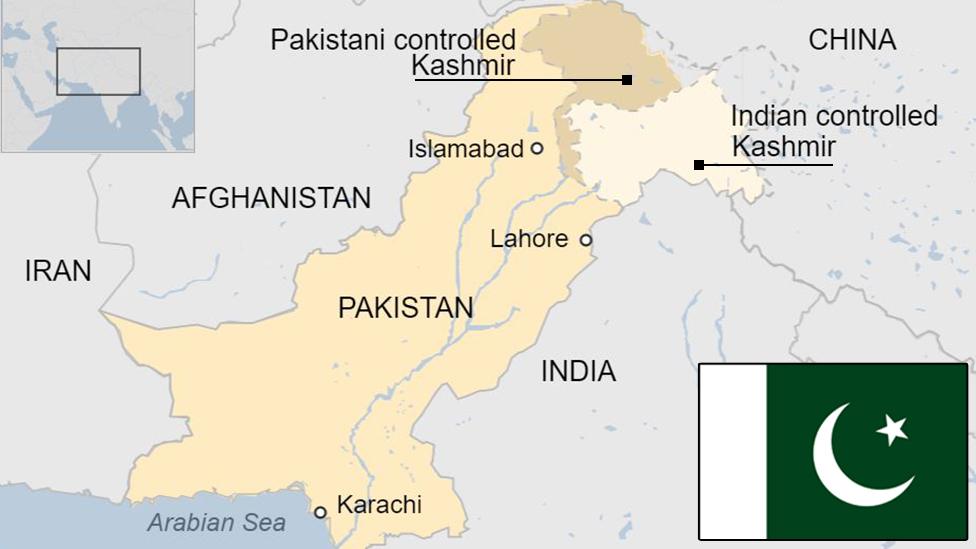
- Published4 March 2019